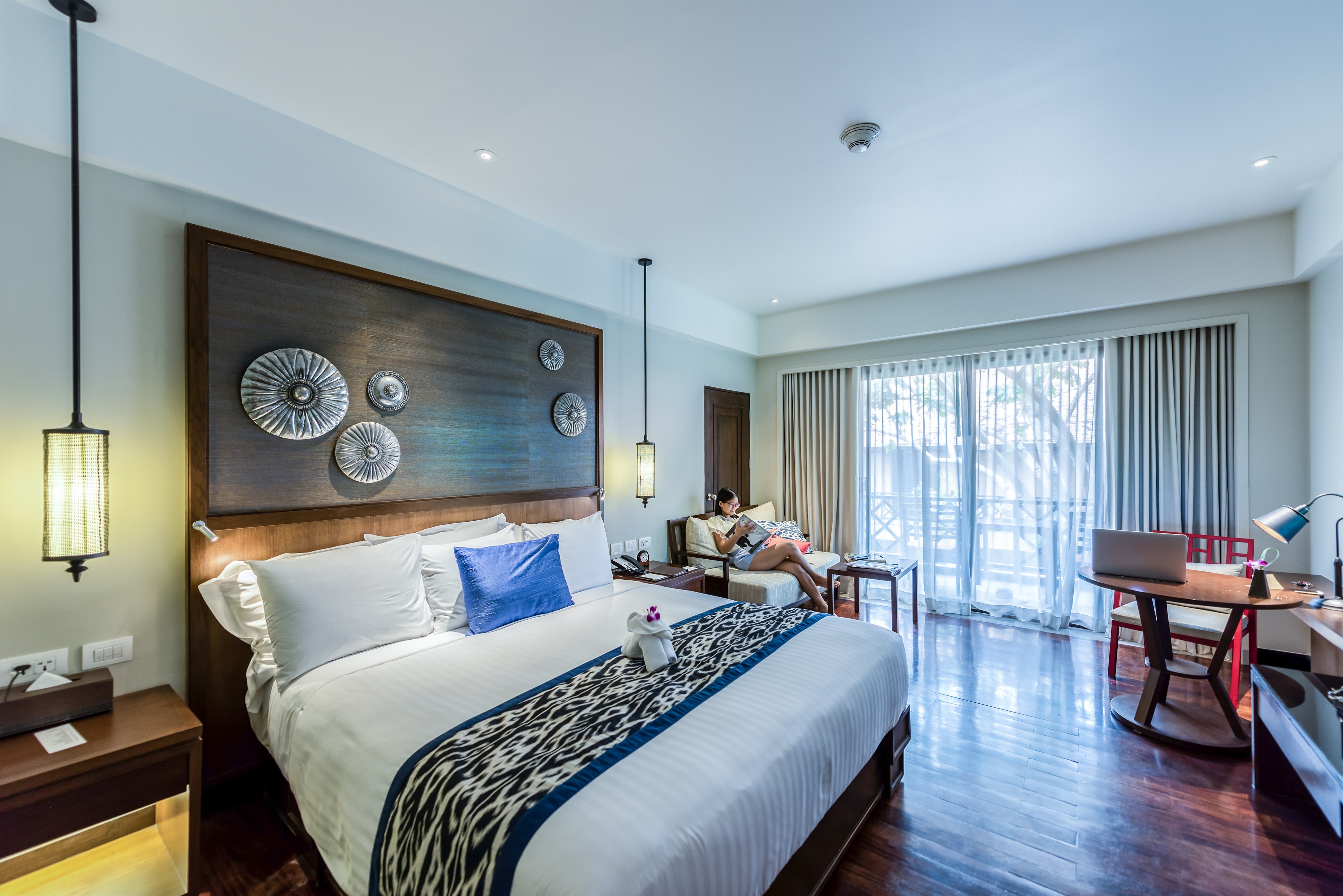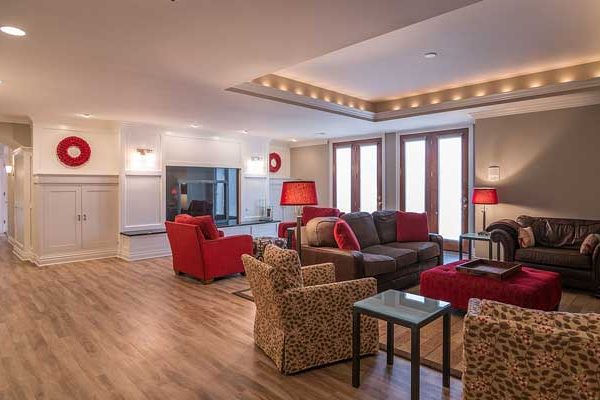Everyone who ever had a problem falling asleep knows that every single detail is important when you are trying to enter the world of dreams. A flash of light or a sudden loud noise could mean another sleepless night. In fact, even a wall of a tacky color that you are staring at while trying to go to sleep can set you off. The design of the bedroom can, therefore, have the final say in whether you will go to sleep quickly or fidget around for hours. Introducing a single style in the bedroom could make a huge difference. Your brain will be grateful that you have managed to appease it and helped yourself to go to sleep easily.
Table of Contents
Autumnal hues
There is intricate psychology behind colors and the way they influence our mood. It is definitely not all the same which color we choose to paint the walls of the bedroom. Hues that ask for us to focus better, like orange or yellow, are not appropriate for a room meant for relaxation. They belong more in the children’s room and even there they could cause problems once the infant grows older. Ideal colors for your bedroom are neutral ones like you might see outside in autumn. These are mellow shades such as brown, grey, light blue, light green or even white. All these colors are not “aggressive” in the sense that they draw your attention away from sleeping.
The vampire effect
If we told you to get rid of all the mirrors from your bedroom, you would probably think vampire slayers are advising you. Joking aside, mirrors have a negative effect on your sleep pattern because they reflect and deflect light in all directions, making the room brighter, which is not the effect you want to achieve. On the psychological plain, they allure you to look at them as you are trying to go to sleep. That is why a good place for a mirror is out in the hallway or inside a cupboard.
Lose the bright lights
Needless to say, the room you sleep in should not be lit at night but things are not as simple as they seem. Often the street lighting is too strong so they give a glare that hits you right in the eyes. Moonlight too can cause problems some nights, so you need to assure that your room is lightproof. A good solution to this problem is window awning as made by Oztech that are made from sturdy materials. Such awnings are impenetrable to light and offer several other features that curtains and draperies simply cannot have. They can be auto-locked into any position you want and the zip channel is adjustable to the size and shape of any window.
No outside influence
Another issue with going to sleep is the use of devices that distract us and make our brain be awake when it should really enter the state of dormancy. Your number one enemy is smartphones whom everybody loves to play with before bed. By introducing any device in the living room you are unconsciously detracting from the room’s main purpose: facilitating sleep. Also, don’t bring the work laptop into the bed or anywhere near it. The last thing you need is your brain perceiving the bedroom as an alternative study. The work desk belongs in another room, like the living room. Finally, make sure that the alarm clock’s light, if it’s a digital one, is not pointed towards your face, as this too could disrupt your sleep.
Getting the air temperature just right
Research has shown that the room temperature at night should be lower than the one during the day. This is because our metabolism slows down while we sleep and it no longer needs to feel warm to function. This is why you should regulate the thermostat to lower the temperature at night and to increase it as morning gets near. The exact temperature that is ideal for sleeping is hard to estimate since each individual has different preferences but anything from 23 to 26 degrees Celsius is considered optimal. Again, you want to go for the ideal temperature and not freeze to death by leaving the windows open during the night. Balance is the key to getting a good night’s sleep.
Room Scents
In order to create the perfect atmosphere for sleeping soundly, light and temperature are not enough. The scent of the bedroom is also important as our sense of smell can help us sleep better. In essence, strong smells are not desirable, so forget all those air-fresheners with their potent aromatic scents. These will just make you feel dizzy and you will never go to sleep. Aim for natural scents, such as lavender or lemon oil.
As you have seen from these design ideas, bedroom décor is not an exact science. It all depends on what you like and dislike, so make sure the bedroom design matches your preferences. Falling asleep in such a hospitable environment will be a walk in the park.
Author Bio:
 Sarah Jessica Smith is a young blogger from Sydney. She is in love with life and all the things that can make her daily routine easier. She loves to write about home improvement, lifestyle, and all the small things that make life such a great adventure.
Sarah Jessica Smith is a young blogger from Sydney. She is in love with life and all the things that can make her daily routine easier. She loves to write about home improvement, lifestyle, and all the small things that make life such a great adventure.











